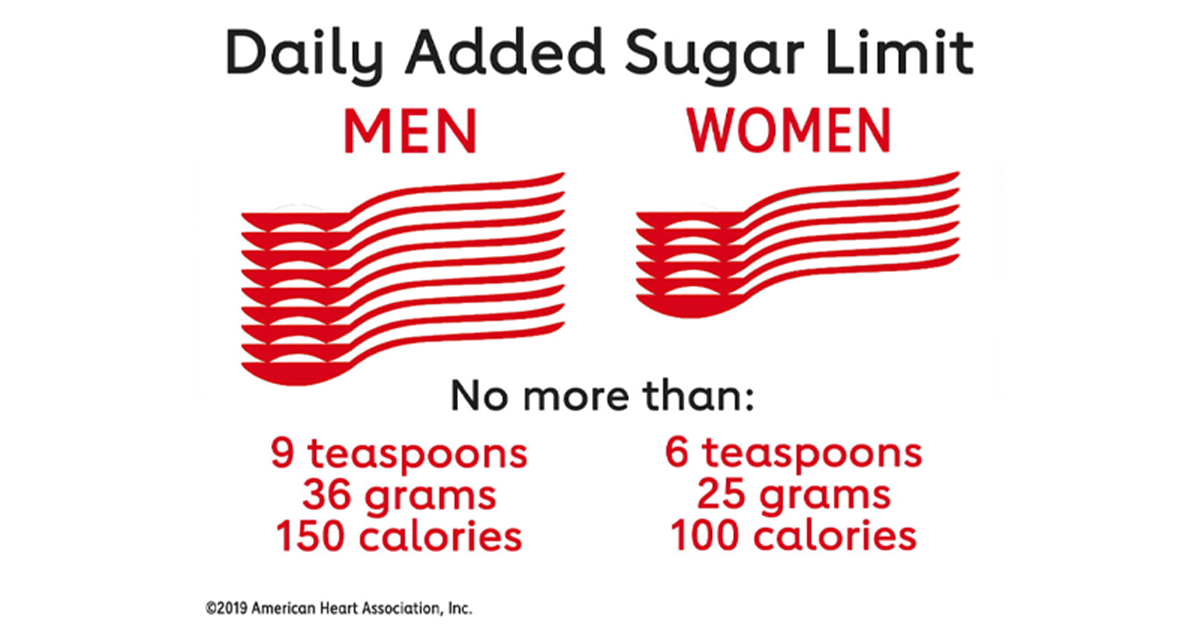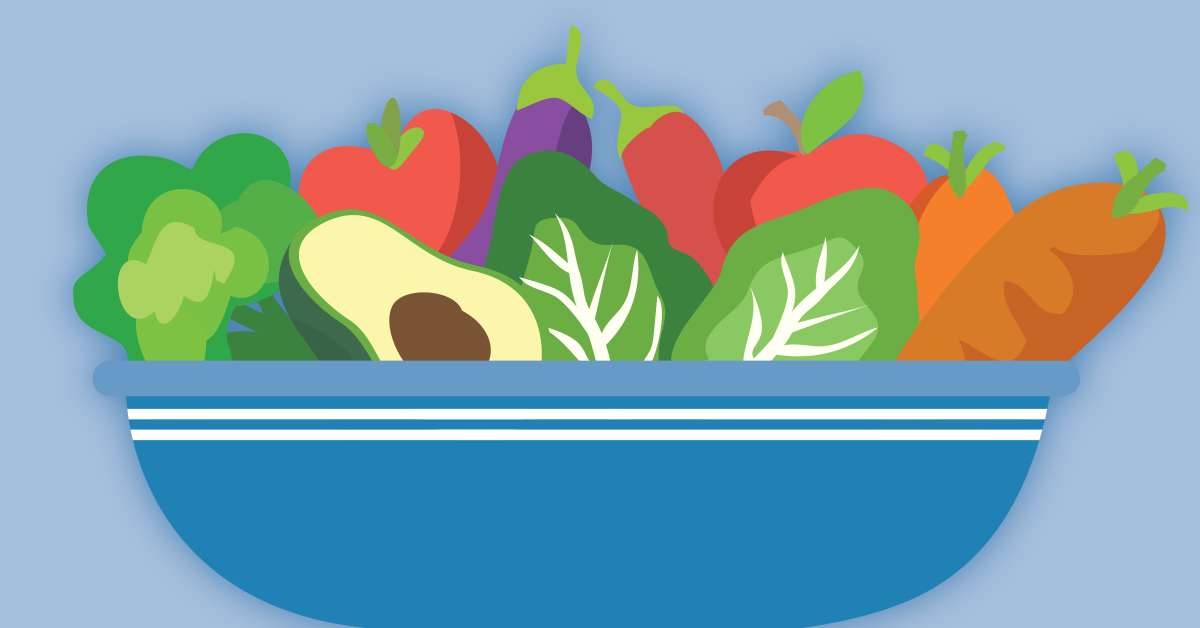Ah, those tempting stickers on our favorite snacks and drinks proclaiming “No Added Sugar!” They beckon us with promises of healthier choices, but what do they really mean? Let’s unravel the mystery of natural versus added sugars.
When we talk about added sugar, we’re delving into the realm of processed sweetness—think of the sugars added to candies, sodas, and even seemingly innocent breakfast cereals. These sugars, like corn syrup and refined white sugar, are designed to enhance flavor but offer little nutritional value.
On the other hand, natural sugar is a different story altogether. Found abundantly in fruits, dairy products, and even some vegetables, natural sugars such as fructose and lactose come packaged with essential vitamins, minerals, and fiber. They’re nature’s way of providing sweetness alongside valuable nutrients.
Nutritional differences
How sugars impact our bodies
- Natural sugars take their time to digest, thanks to the fiber and other nutrients in whole foods. This slow release helps regulate blood sugar levels, providing a steady stream of energy without the sharp spikes and crashes associated with added sugars.
- In contrast, added sugars are metabolized quickly, causing rapid spikes in blood glucose levels. This sudden surge in energy is often followed by a plummet, leaving us feeling fatigued and craving another quick fix—a cycle many of us are familiar with.
Impact on health
Consider the broader implications for our well-being
- Added sugars, when consumed in excess, can contribute to weight gain, metabolic disorders, and even dental issues. Their rapid digestion and conversion into fat can strain our bodies over time.
- Natural sugars, derived from whole foods, support overall health by providing sustained energy and essential nutrients. Their slower digestion helps maintain stable blood sugar levels, promoting a more balanced and sustainable approach to energy consumption.
Role in diet
Navigating the landscape of sugar in our daily eating habits
- Natural sugars are not just a sweet treat but a fundamental part of a balanced diet. Incorporating fruits, dairy, and whole grains ensures we receive the benefits of natural sugars alongside other vital nutrients.
- Added sugars, however, should be approached with caution. They’re often hidden in processed foods under names like sucrose, high-fructose corn syrup, or maltose. Checking labels and opting for products with minimal added sugars can help us make healthier choices.
Labeling and awareness
Understanding the language of food labels
Labels like “Sugar-Free,” “Reduced Sugar,” or “No Added Sugars” can guide us, but it’s important to read beyond the marketing claims. Products labeled “Sugar-Free” may still contain artificial sweeteners, while “No Added Sugars” signifies that no additional sugars were included during processing.

Practical tips
Bringing it all into practice
When craving a sweet snack, opt for whole fruits, yogurt with fresh berries, or homemade smoothies to satisfy your sweet tooth naturally.
Become a label detective—scan ingredient lists for hidden sugars in sauces, condiments, and even seemingly healthy snacks. Check out Welia Health’s blog post, Nutrition labels updated to reflect current guidelines.
Americans consume far too much added sugar. The Dietary Guidelines for Americans encourage us to limit added sugars to reduce risk for chronic diseases such as heart disease and diabetes. New labeling laws effective in 2020 require medium and large manufacturers to include the amount of added sugars on the nutrition facts label. This information can help guide us in making healthier choices. How much is too much added sugar? The American Heart Association recommends women aim for 25 grams and men aim for 36 grams of added sugar or less per day.
Danna Woods
Welia Health Dietitian
Learn more from Welia Health Dietitian, Danna Woods, as she discusses the many aspects of sugar in our diet.
Misconceptions
Dispelling myths about sugars
Not all sugars are created equal: Natural sugars offer nutritional benefits beyond mere sweetness, while added sugars can contribute to various health concerns when consumed excessively.
Added sugars aren’t just in desserts: They sneak into savory foods, beverages, condiments and even seemingly healthy snacks. Staying vigilant and informed about where added sugars hide can empower us to make better food choices. Take a look at Welia Health’s blog post, Added sugar—where is it hiding? to learn more.
Recommendations
Balance and awareness are key
Moderation is crucial when it comes to sugar consumption. Embracing natural sugars from whole foods while limiting added sugars supports overall health and well-being.
By understanding the differences between natural and added sugars—and enjoying the journey of discovering wholesome, nourishing foods—we can cultivate a healthier relationship with sweetness. Let’s savor nature’s natural sweetness while making informed choices to benefit our bodies and minds.













